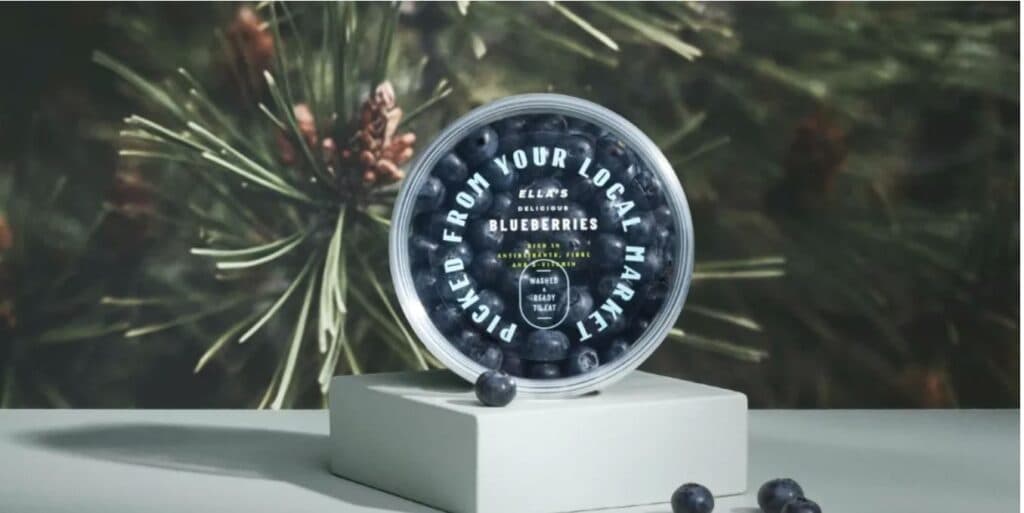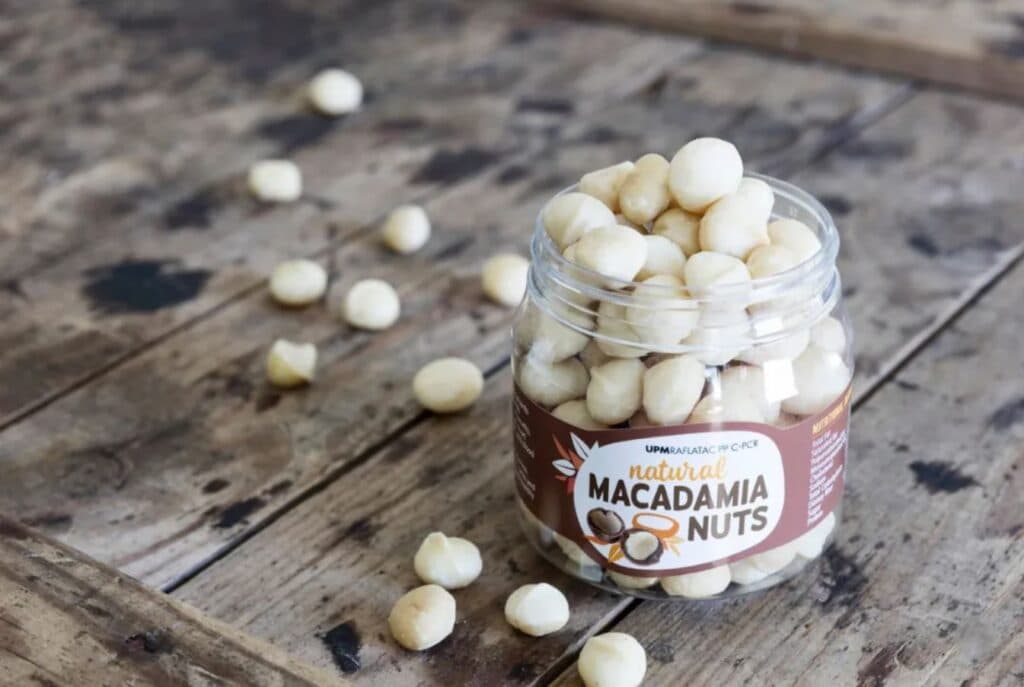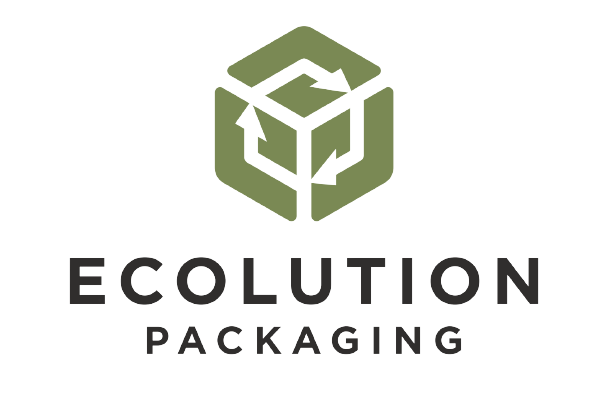According to the non-profit organization GRAIN, global food emission accounts for 44% to 57% of total greenhouse gas emissions. Without considering transportation, food packaging alone accounts for a large proportion of global greenhouse gas emissions. With the improvement of people’s living and the consumers’ awareness of environmental protection, smart, custom and recyclable paper labels have become the mainstream. Several leading retailers and brands around the world have also issued their own sustainable development goals and action guidelines.
When it comes to environmental protection, people used to pay attention to the end-of-life of the packaging and how to recycle labels and packaging after them being used. Now the trend is turning to the raw materials supply chain. More and more brands leverage packaging designs and materials to enhance visual appeal whilst reducing the negative impact on the environment.
ForestFilm ™: The world’s first 100% wood-based film label series solution
Forest Film ™ is a unique 100% wood-based film label solution jointly developed by UPM Raflatac and UPM Biofuels Division.
The product has passed ISCC PLUS certification, which means ForestFilm™ uses sustainable raw materials to replace the same amount of fossil-based raw materials during production. The data shows that ForestFilm™ products can effectively reduce greenhouse gas emissions. Compared with traditional label materials, ForestFilm™ can significantly reduce carbon emissions (including biochar) by 66%.
As an outstanding label material, ForestFilm™’s performance, and appearance and recyclability are no different from those of traditional fossil-based film products. Its excellent printing flexibility can set off the perfect brand image and highlight the brand’s commitment to sustainable development. The materials can be widely used in food labels, cosmetic labels, and much more.

Comprehensive Sustainable Food Labels Solutions
In addition, the market also has a variety of eco-friendly label materials. For example:
- Lightweight film and paper label solutions, helping reducing total label materials used;
- PCR label products containing post-consumer recycled material, reducing the demand pressure on raw materials as well as helping the development of circular economy;
- Bio-based PP material decreasing the use of traditional fossil based raw materials and is more in line with consumers’ expectations for the sustainable image of the brand.
With more environmentally friendly materials becoming available, it will make environmentally friendly packaging more accessible and affordable for brands. In the future, consumers and brands will have more choices of both environmentally friendly and quality packaging, which will contribute to reducing the carbon emission of the whole industry.

